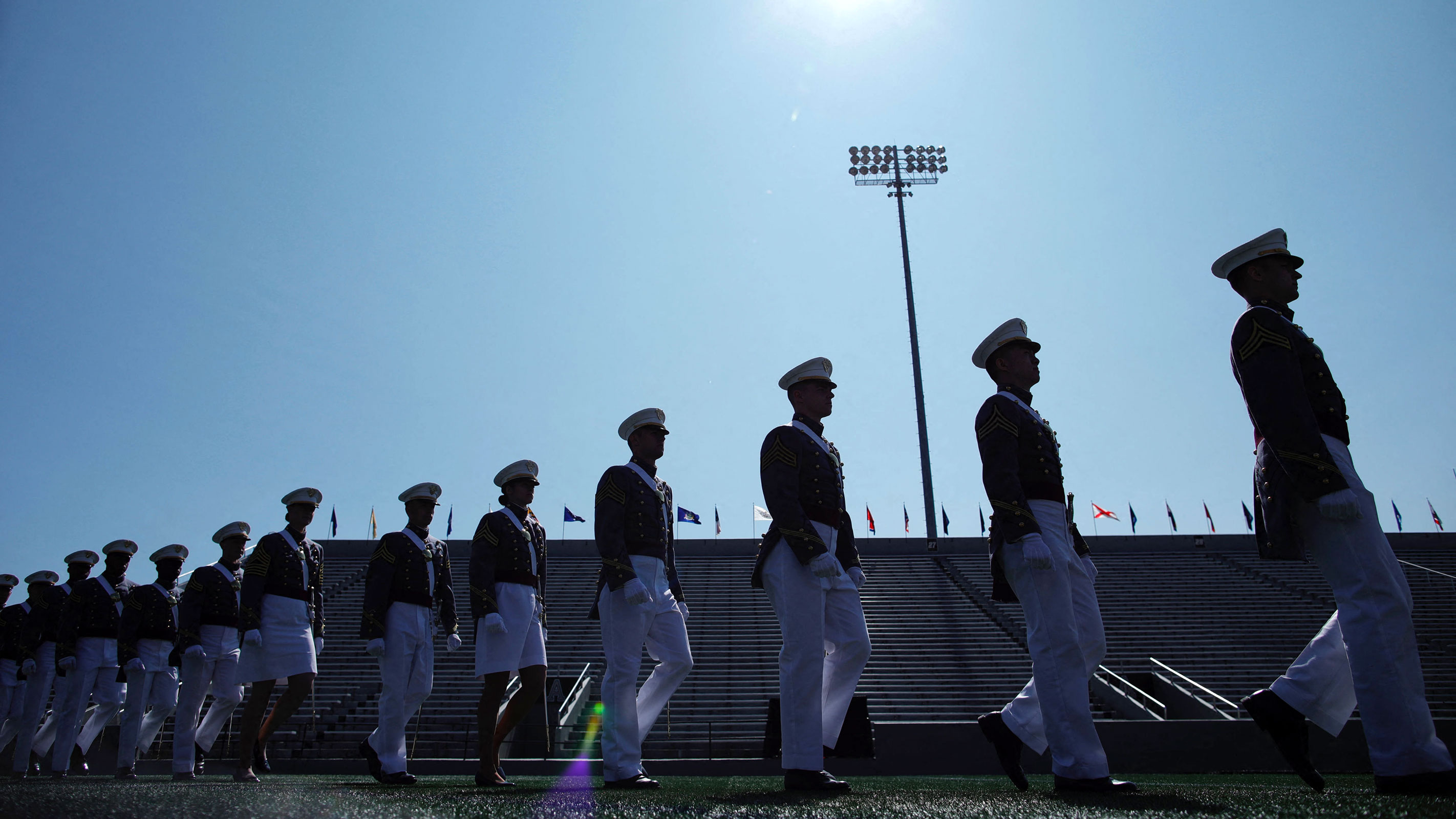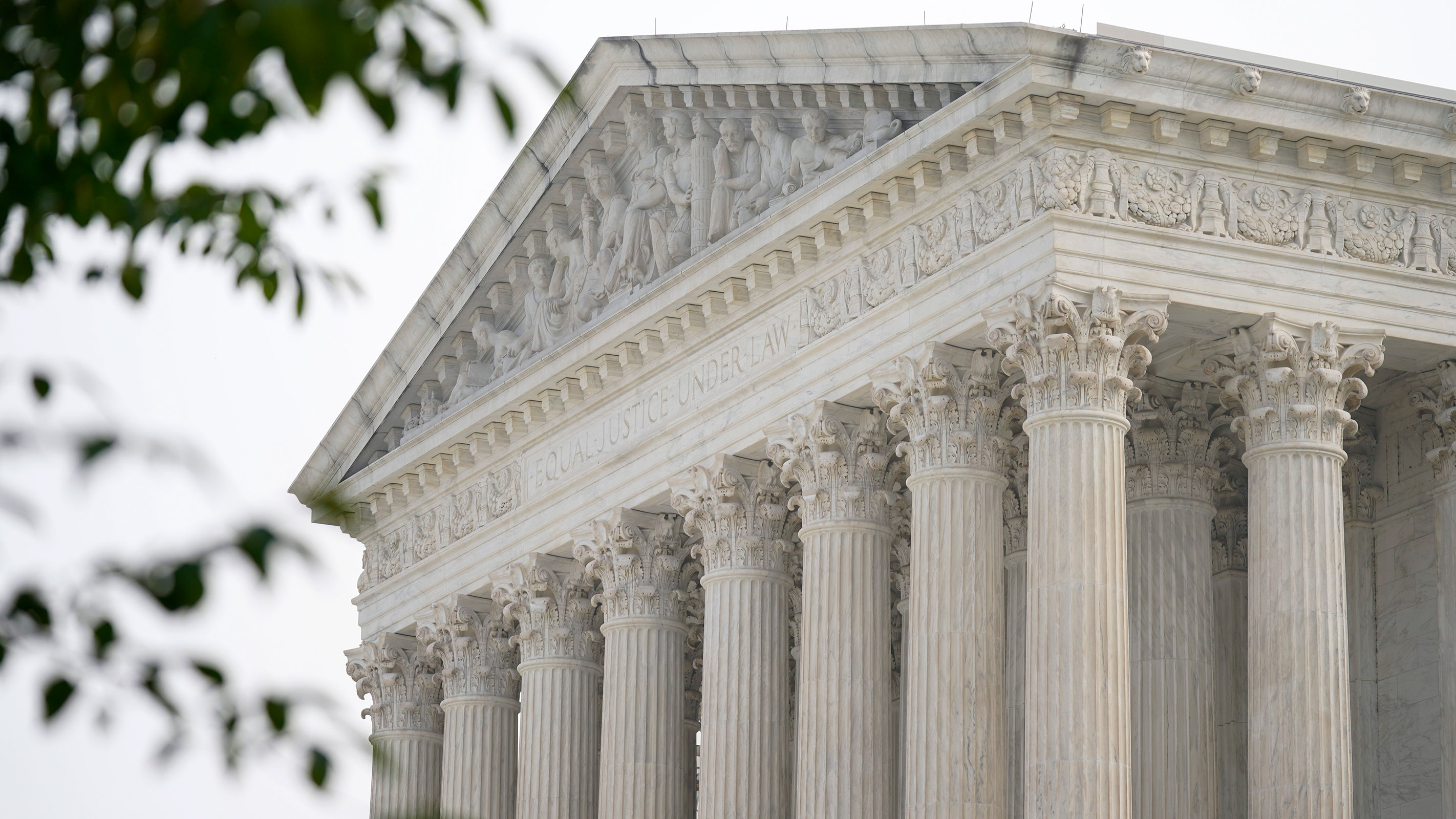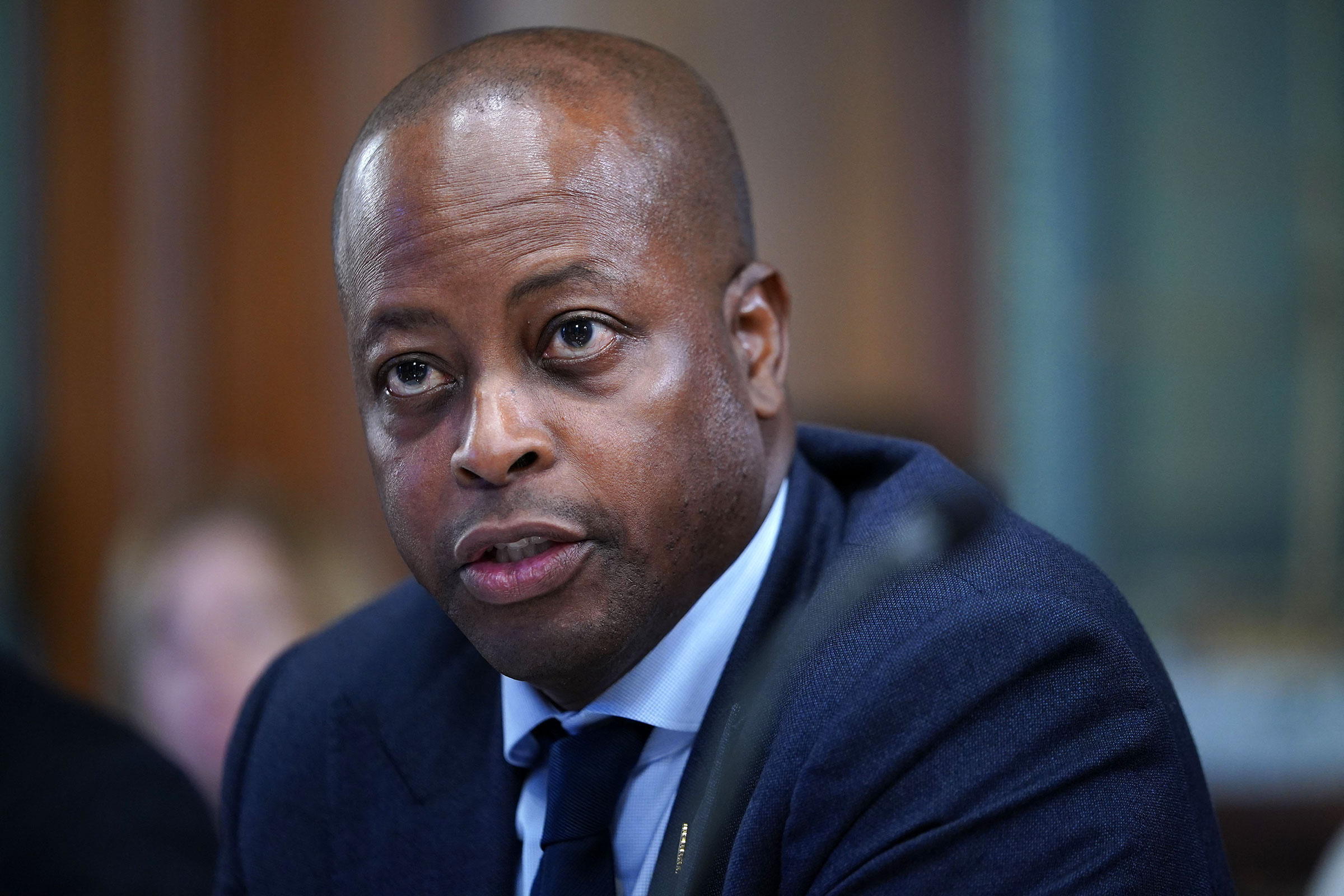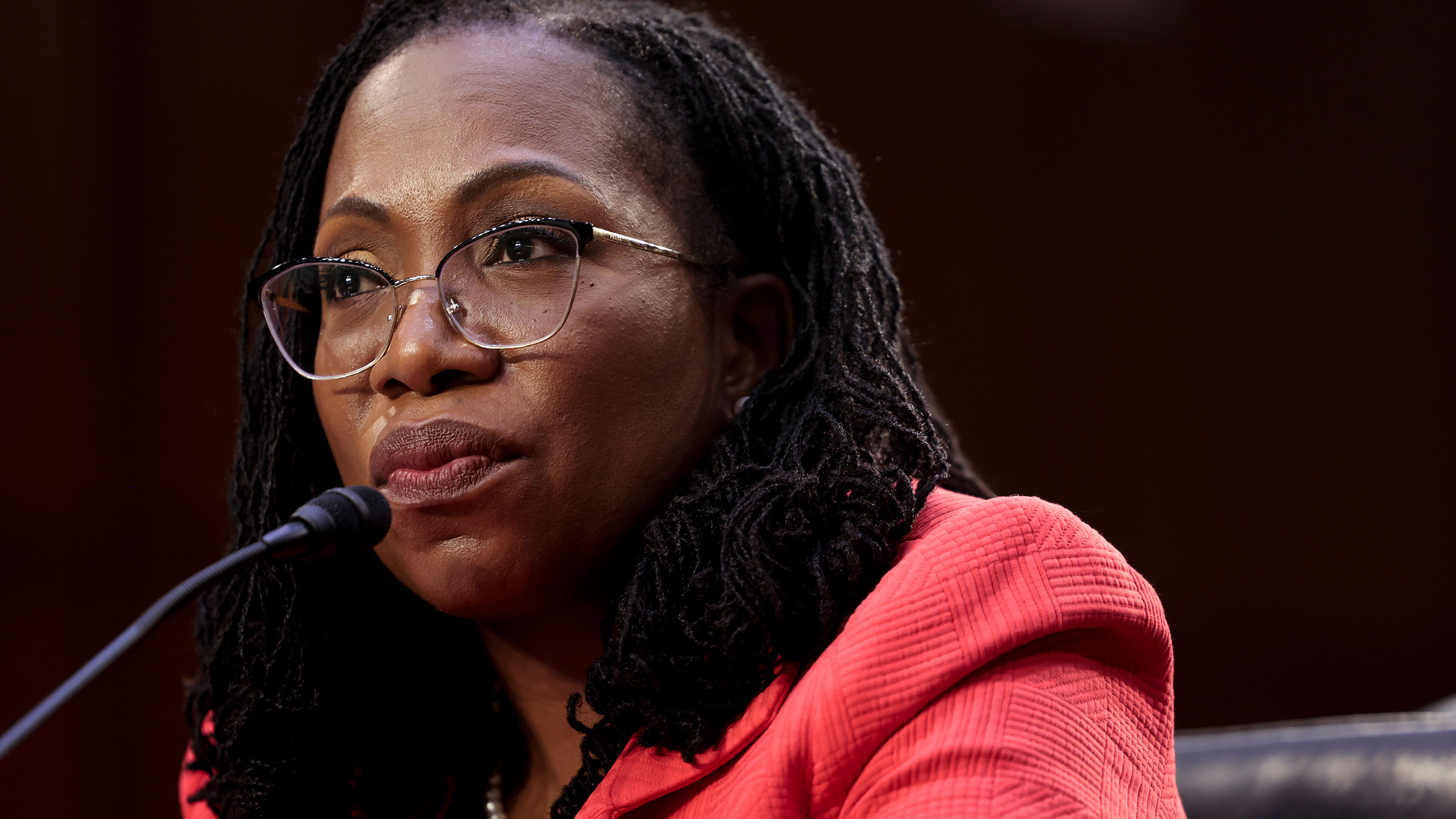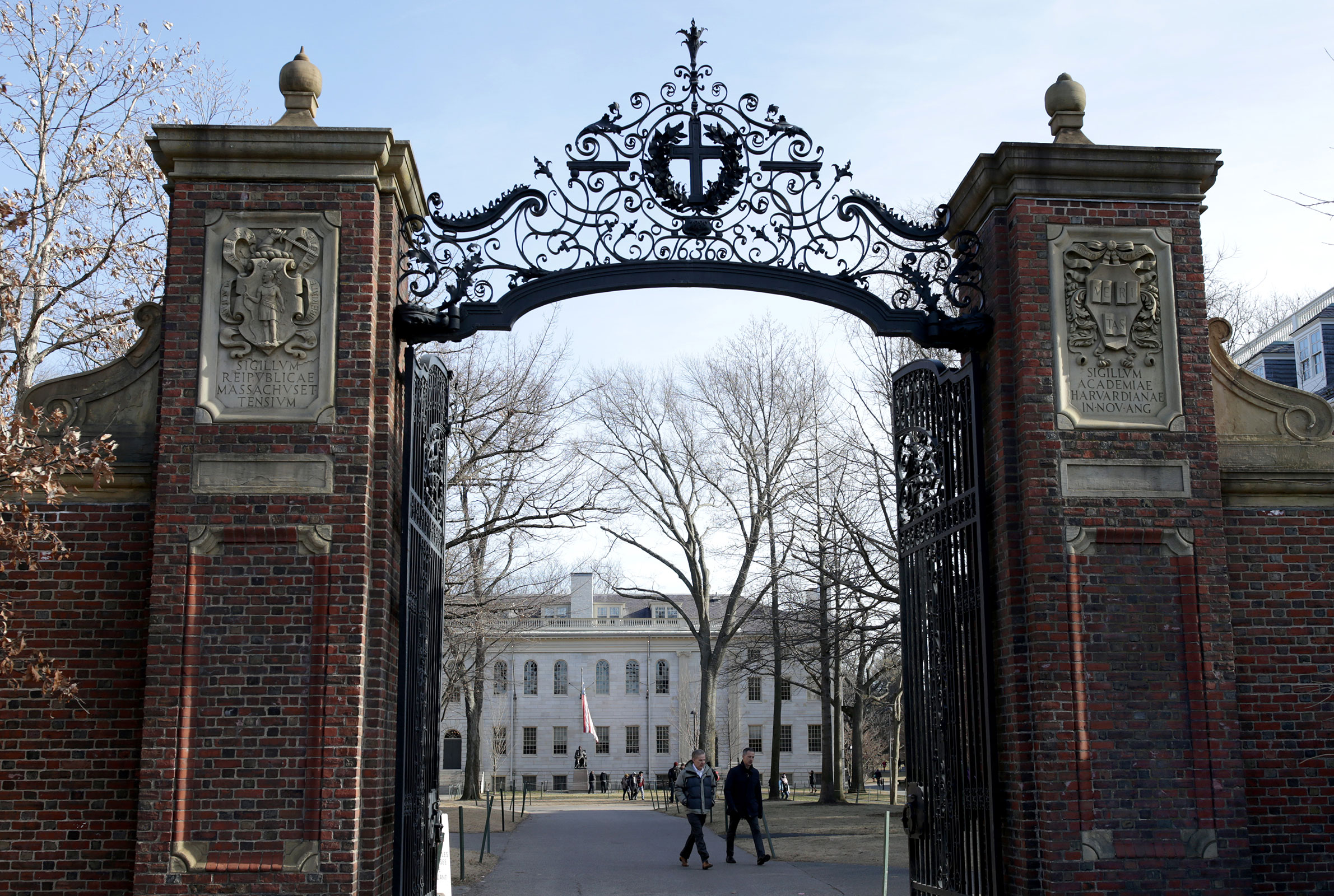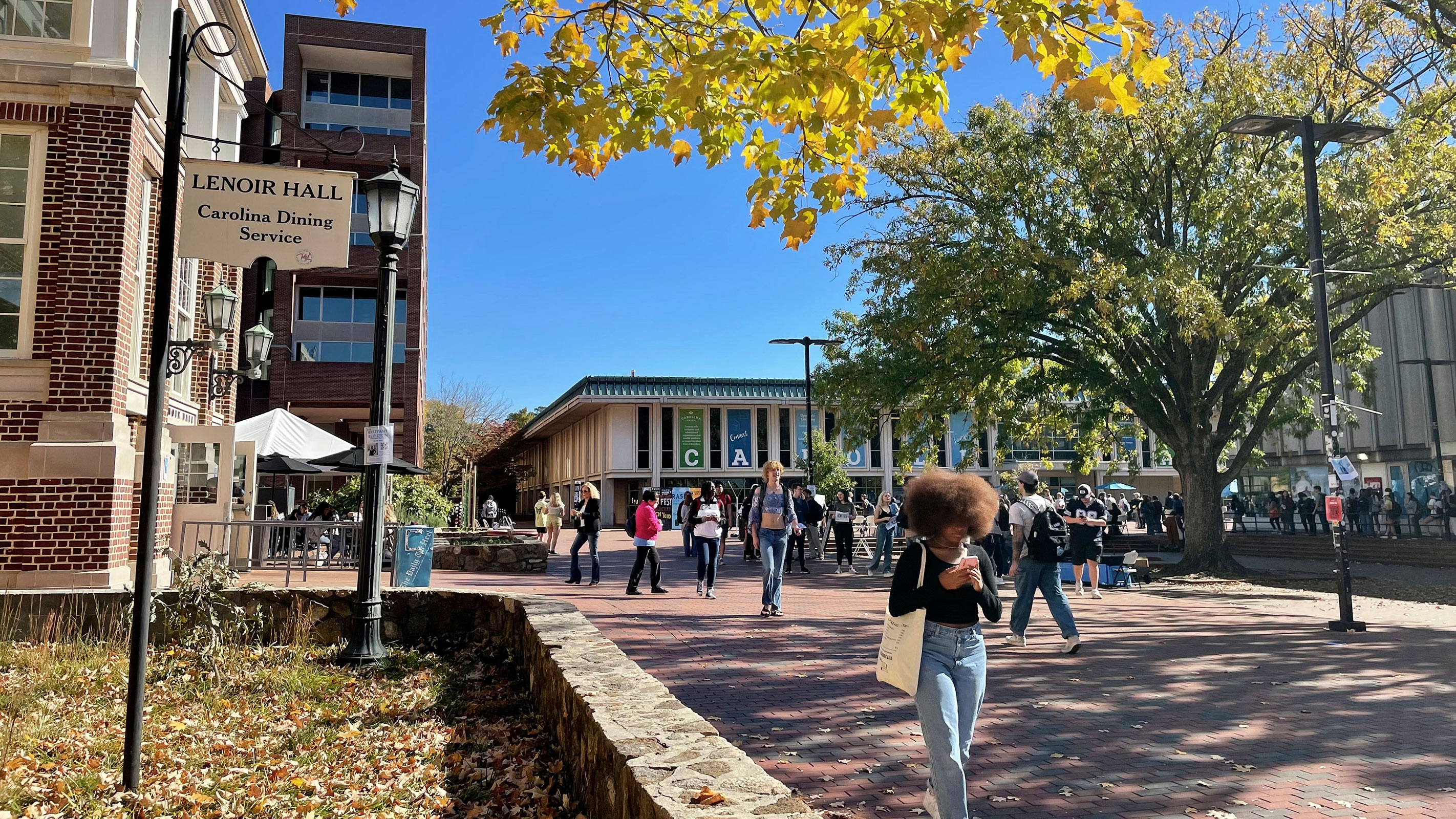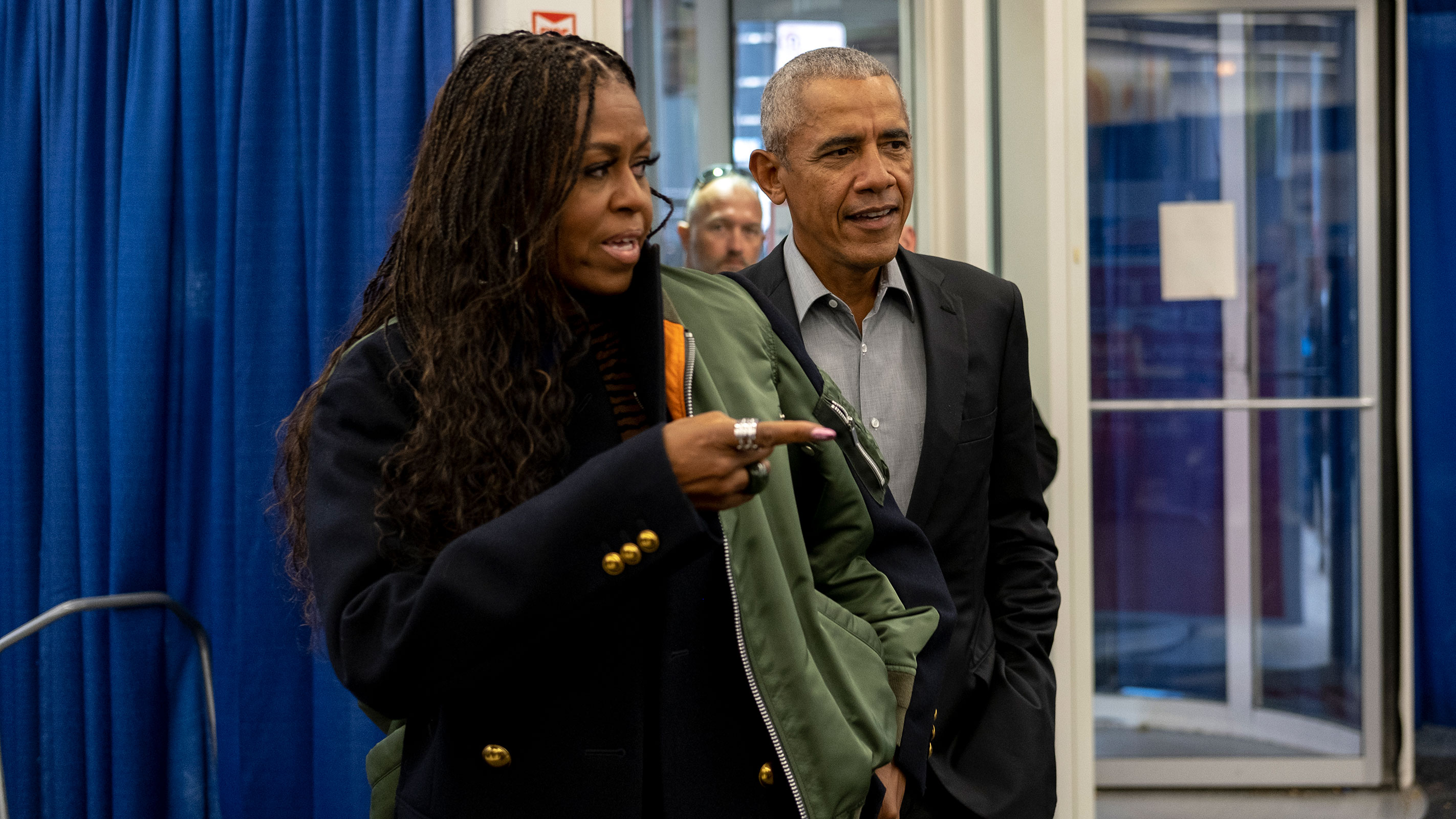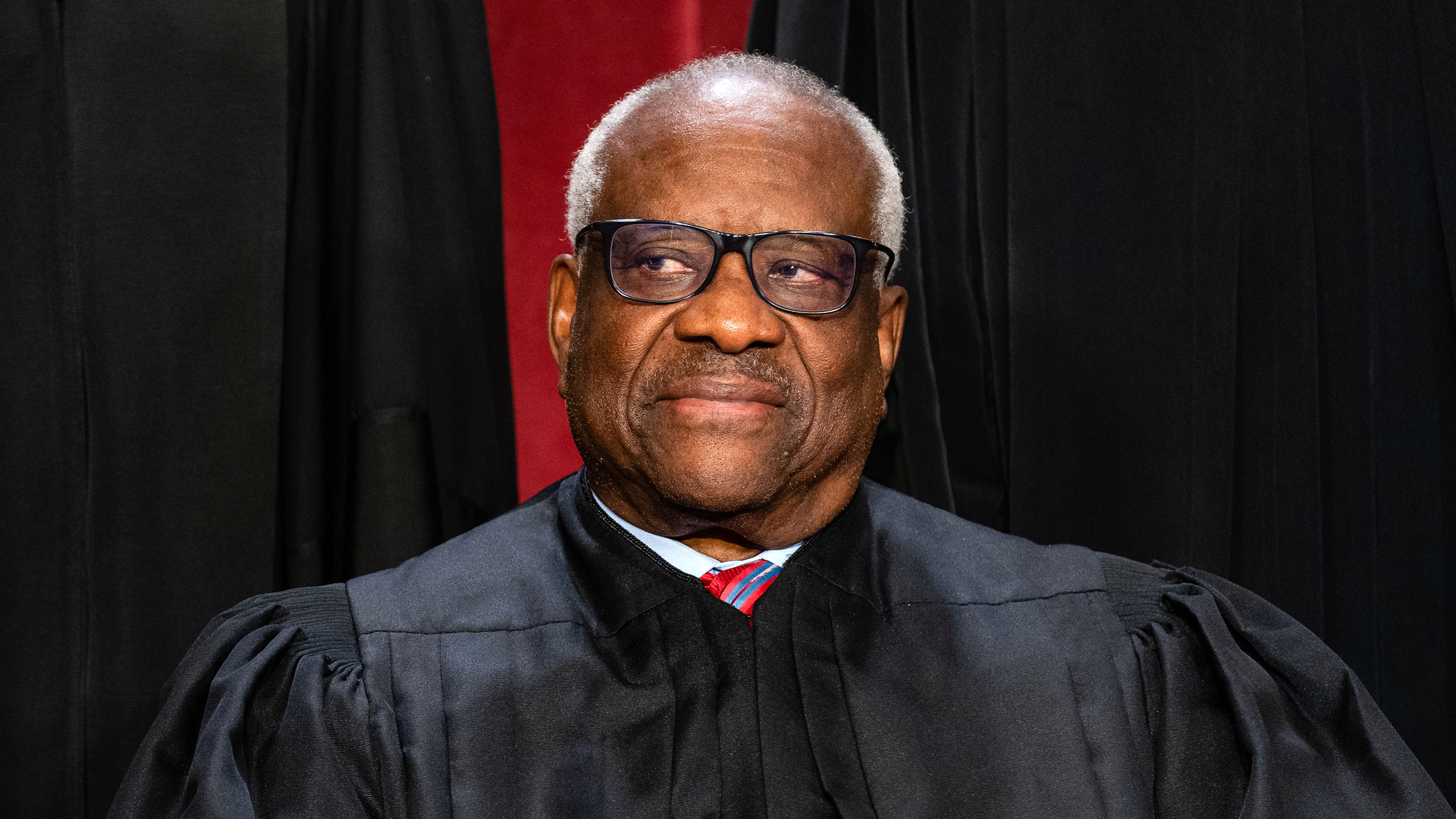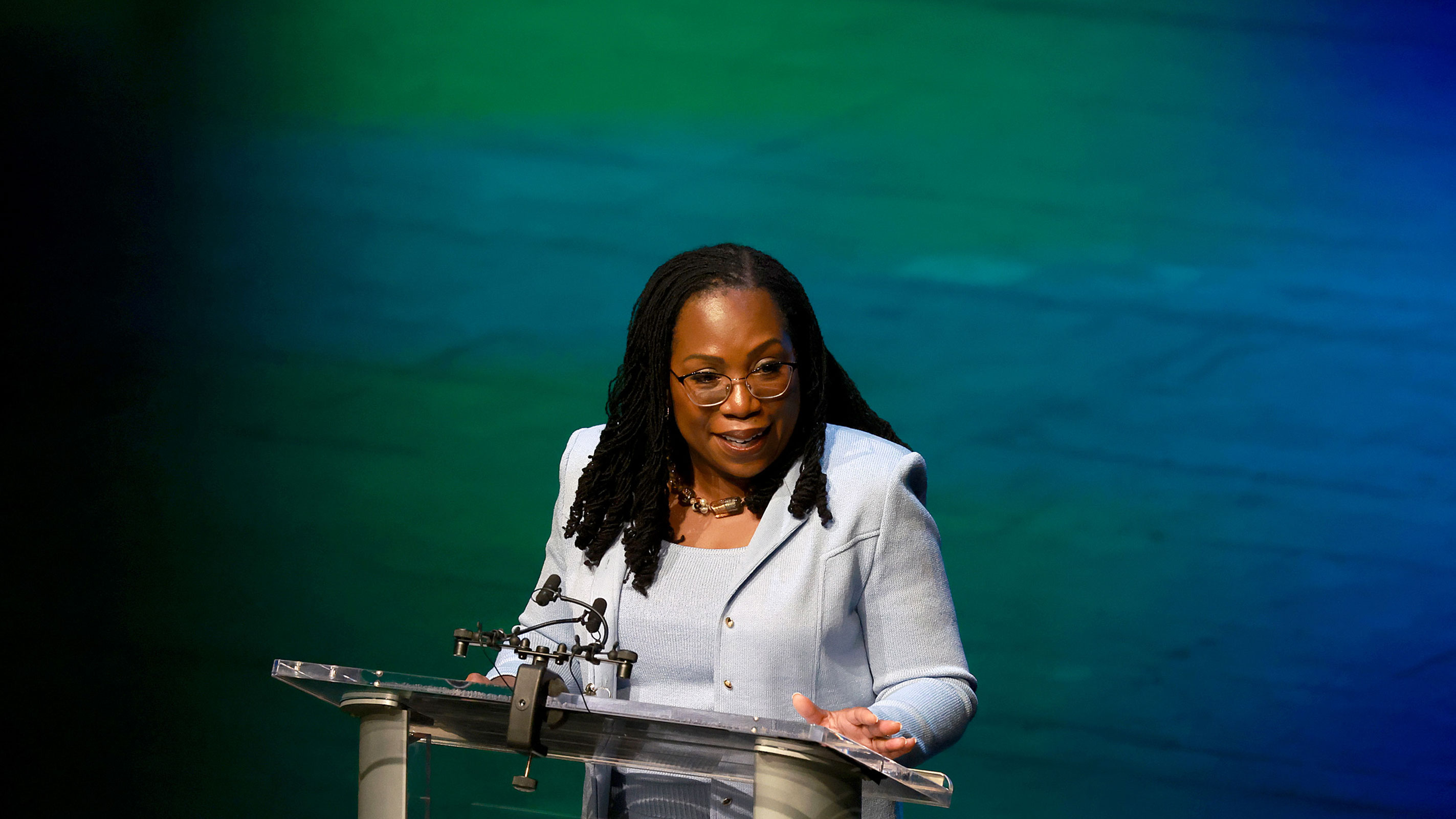
A footnote in Justice Ketanji Brown Jackson’s affirmative action dissent notes that her commentary is aimed at the issues raised by the challenge to University of North Carolina’s admission program — and not to the Harvard affirmative action case that was also before the court.
Jackson had recused herself from the challenge to Harvard’s use of race in admissions. She is one of four justices who graduated from Harvard, having attended both its undergraduate and law schools. But for years, she has sat on the university’s board of overseers. She announced during her Senate confirmation proceedings last year that she would not participate in the case against Harvard.
It was unclear in the lead-up to Thursday’s ruling whether the Supreme Court would issue separate opinions in the North Carolina and Harvard case. There was much overlap in the two lawsuits, but also some distinctions.
The Supreme Court ultimately combined its rulings into one majority opinion. Jackson’s dissent, however focused on the specifics of UNC’s admissions program.
In her dissent, she accused the conservative majority of having a “let-them-eat-cake obliviousness” in how the court's affirmative action ruling announced "'colorblindness for all' by legal fiat."
